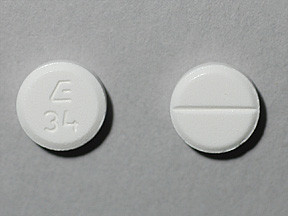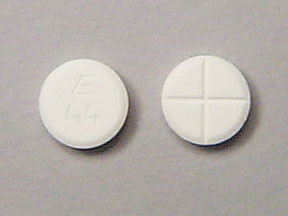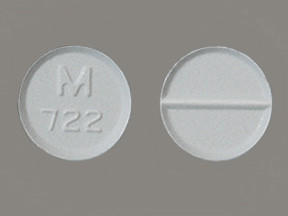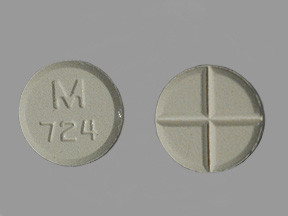TIZANIDINE - ORAL
PHONETIC PRONUNCIATION: (tye-ZAN-i-deen)
COMMON BRAND NAME(S): Zanaflex
GENERIC NAME(S): tizanidine HCl
Uses
USES: This medication is used to treat muscle spasms caused by certain conditions (such as multiple sclerosis, spinal cord injury). It works by helping to relax the muscles.
How to use TIZANIDINE - ORAL
HOW TO USE: Take this medication by mouth as directed by your doctor, usually every 6 to 8 hours. The dosage is based on your medical condition, response to treatment, and other medications you may be taking. Be sure to tell your doctor and pharmacist about all the products you use (including prescription drugs, nonprescription drugs, and herbal products). To reduce your risk of side effects, your doctor may direct you to start this medication at a low dose and gradually increase your dose. Follow your doctor's instructions carefully. Do not take more than 36 milligrams a day or more than 3 doses in a 24-hour period. Your body will absorb this medication differently depending on whether you take it as a tablet or capsule, whether you take it with food or on an empty stomach, or if you sprinkle the contents of the capsule on food. Be sure to discuss with your doctor how to take this medication to determine the best way to take your dose, especially when changes to your dose are being considered or if your doctor prescribes a different form of tizanidine (such as tablet or capsule). This medication may cause withdrawal reactions, especially if it has been used regularly for a long time or in high doses. In such cases, withdrawal symptoms (such as anxiety, tremor, increased blood pressure/heart rate/muscle tenseness) may occur if you suddenly stop using this medication. Do not stop taking this medication without consulting your doctor. To prevent withdrawal reactions, your doctor may reduce your dose gradually. Consult your doctor or pharmacist for more details, and report any withdrawal reactions right away. Tell your doctor if your condition does not improve or if it worsens.
Side Effects
Precautions
Interactions
Overdose
Images

- color
- orange
- shape
- oblong
- imprint
- MYLAN TE 2, MYLAN TE 2

- color
- orange
- shape
- oblong
- imprint
- MYLAN TE 4, MYLAN TE 4
Reviews
Faq for TIZANIDINE - ORAL
Tizanidine is used to treat muscle spasms caused by conditions such as multiple sclerosis or spinal cord injury.
Tizanidine works by blocking nerve impulses that are sent to the brain, which helps to reduce muscle spasms and improve muscle control.
Common side effects of tizanidine may include drowsiness, dizziness, dry mouth, weakness, and fatigue. It may also cause low blood pressure, so it is important to stand up slowly from a sitting or lying position.
Tizanidine should be taken exactly as prescribed by your doctor. It is usually taken every 6 to 8 hours, with or without food. It is important not to suddenly stop taking tizanidine without consulting your doctor, as it may cause withdrawal symptoms.
Tizanidine may harm an unborn baby, so it is important to inform your doctor if you are pregnant or planning to become pregnant. It is generally not recommended to use tizanidine during pregnancy unless the potential benefits outweigh the risks.
Tizanidine may interact with other medications, including blood pressure medications, antidepressants, and certain antibiotics. It is important to inform your doctor about all the medications you are taking to prevent any potential interactions.
If you miss a dose of tizanidine, take it as soon as you remember. However, if it is almost time for your next dose, skip the missed dose and continue with your regular dosing schedule. Do not take a double dose to make up for a missed one.
Drinking alcohol while taking tizanidine may increase the side effects of drowsiness and dizziness. It is generally recommended to avoid or limit alcohol consumption while on tizanidine.
Tizanidine may start working within 1 to 2 hours after taking it. The full effects may take several days or weeks to become noticeable, so it is important to be patient and follow your doctor's instructions.
Disclaimer
IMPORTANT: HOW TO USE THIS INFORMATION: This is a summary and does NOT have all possible information about this product. This information does not assure that this product is safe, effective, or appropriate for you. This information is not individual medical advice and does not substitute for the advice of your health care professional. Always ask your health care professional for complete information about this product and your specific health needs.




No Reviews Yet